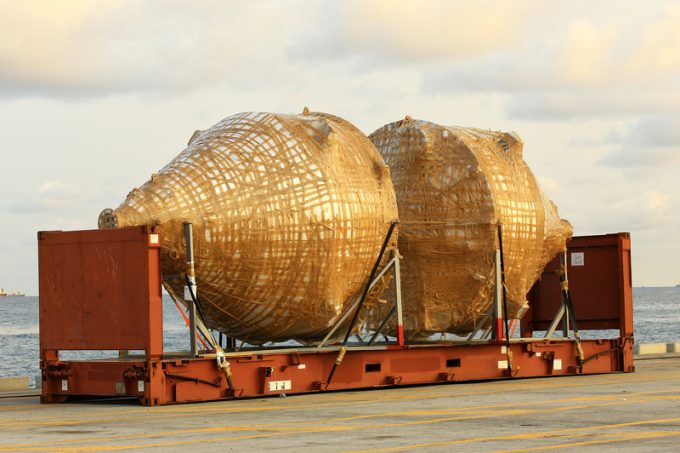Transpacific set to see record level of ship capacity in July as rates crash
The transpacific trade continues to descend into something akin to chaos – with major deepsea ...

In a further effort to crack down on misdeclared cargo, Maersk Line will introduce a $500 fee for special and out-of-gauge cargo if the actual dimensions of the cargo differ from booking details.
Maersk has warned shippers that, from 1 July, even if the actual sizes ...

Comment on this article